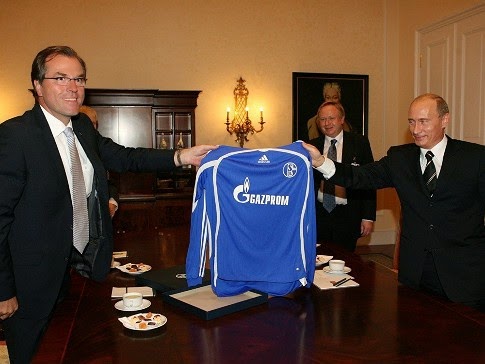♠ Posted by Emmanuel in Economic Diplomacy,Trade
at 5/05/2015 01:30:00 AM
 |
| It's deja vu all over again. |
Despite the previous Bush 43 and current Obama administrations being the main proponents of forging a free-trade agreement among members of the Asia-Pacific Economic Cooperation (APEC) via the Trans-Pacific Partnership (TPP) expansion negotiations, a fact remains: TPP will probably not be concluded if American lawmakers do not ratify it. Later in Bush 43's second term--2007 to be exact--he lost fast-track authority, or that to negotiate FTAs internationally and have the US Congress vote on them on a yes/no basis. Not having this authority allows lawmakers to open up and re-write texts of negotiated FTAs, leaving endless room for second-guessing of these trade deals. The resulting meddling would likely scupper any number of trade deals as other countries balk at the waste of time writing deals that the US will not pass.
Traditionally the more trade-phobic of the two major parties, the Democrats have become more so as of late. To be sure, declining living standards and falling wages Stateside have not exactly provided a fruitful economic backdrop to signing more FTAs. After all, if all those old FTAs failed to meaningfully lift living standards, why sign more? We can certainly debate how much trade is at "fault" for the new normal of a moribund US economy, but Democrats in Congress need no help making this connection, to the detriment of TPP:
Two decades ago, President Bill Clinton needed Republican support to win a bitter battle over the North American Free Trade Agreement. He also garnered 40 percent of congressional Democrats, including almost half the party's senators. President Barack Obama may also win some close trade votes -- first with the approval of a bill giving him so-called fast-track authority to negotiate the huge Trans-Pacific Partnership and then when the deal itself moves through Congress. This time, more than 80 percent of congressional Democrats will oppose the president.It will be interesting to see if Hillary Clinton expressing skepticism about TPP is a political ploy that will pay off. Like her husband and Obama after him, she is campaigning on a "trade skeptic" stance to appease union supporters of the Democratic Party, but will likely abandon it if and when she becomes president. Besides, making anti-trade a top campaigning point may not work. Consider John Connally:
Democrats have turned decidedly protectionist in the decades since the passage of Nafta, a period that coincides with increasing globalization and steep losses of U.S. manufacturing jobs. Even Hillary Clinton is breaking with her husband's free trade record, hinting she may oppose the TPP, which would bind the U.S. and 11 other Pacific Rim nations.
Obama and his unaccustomed allies, Republican congressional leaders, want to pass fast-track authorization -- which assures a straight up or down vote on TPP and other trade deals -- by the end of the month. It's a slog. For now, fewer than 20 House Democrats are on board, and Obama will get no more than 30; 10 Senate Democrats may go along, but no more than 15.
The protectionist pressure has reached Hillary Clinton. Signaling she may oppose TPP may be good primary politics but it may not be as popular a stance in a general election. Although conditions have changed markedly, it's instructive to remember John Connally, the one-time Democrat who, more than Ronald Reagan, became the most dynamic Republican candidate in the 1980 presidential race. He ran on a get tough on trade platform, warning the Japanese that they "better be ready to sit on the docks of Yokohama in their own Toyotas, watching their own Sonys."I guess there's only one way to find out. And I remain pessimistic about TPP's prospects anyway.
The Texan spent $12 million -- the equivalent of $39 million today -- and got one delegate, Ada Mills of Arkansas. He had to drop out after only the third primary.









